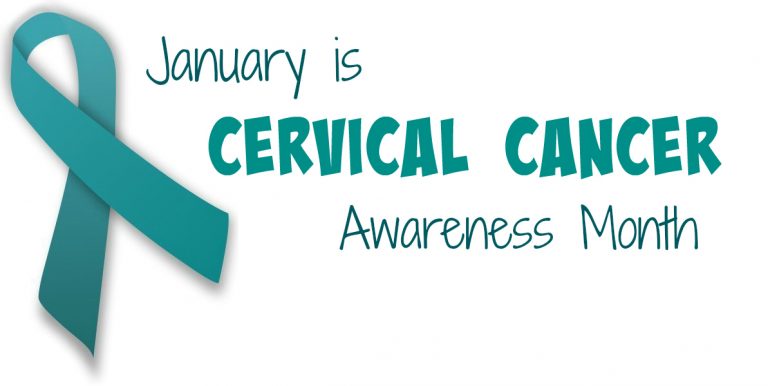Which Popular Diet Is Right For You? Analyzing 7 Different Eating Plans
June 7, 2013
Everywhere we turn, there’s another new diet or eating plan making the rounds. Choosing a weight loss plan can be confusing. To have the most success, it has to be viable long term, include foods you enjoy, not leave you feeling deprived, AND fit into your lifestyle. With the vast choices of eating plans, and often conflicting advice from experts, how do we know which diet is right for us?
Here’s a look into seven of the many popular diets available. And by “diet” I don’t necessarily mean calorie deprivation; rather, some are just ways to eating for better health and longevity, while other plans do stress weight loss. As always, consulting with a nutritionist or doctor would be a good idea.
- Paleo Diet. The paleo diet claims it is the “world’s healthiest diet” and is based on the way of eating our ancestors (think cavemen) ate. No grains, sugars, legumes, dairy, potatoes, processed foods or even salt. The foods to eat are meats, seafood, fruits, vegetables, eggs, nuts, seeds and some oils. This plan stresses that we don’t have a high enough protein intake (our average tends to be around 15%) compared to the hunter-gatherers eating 19-35% protein. Paleo eating is also high in fiber, healthy omega rich fats and a higher level of potassium that the standard american diet just can’t fulfill with the amount of sodium in modern day diets. This diet also claims to have very high levels of phyto-nutrients from all the plants as well as antioxidants, vitamins and minerals. While it sounds healthy, it may be a challenge to find foods you dine out often.
- Volumetics. This diet is based on the fact that people don’t like deprivation, they prefer to eat larger portions. So the volumetrics diet helps people find the foods that will keep them full based on the energy density of the foods. There are no “good” or “bad” foods in this way of eating. Filling your plate with large portions of foods that have high water content like fruits and veggies is the mainstay of the volumetric approach.They allow energy dense foods like sweets, fats and oils sparingly. A visually full plate and a feeling of fullness at the end of a meal can keep people on the plan longer than deprivation or feeling unfilled with meals.
- Weight Watchers. Based on its popular points system, Weight Watchers has no restrictions in what you can eat, nor pre-packaged meals that are required. Each food is assigned a point value and you have to stick within a certain range each day to lose, or maintain weight. Weight Watchers was the originator of the weight-loss meeting which help some people lose weight and stick to their plans by having accountability to the group. They also offer an online program nowadays and many wellness tools. WW stresses smart food choices, physical activity and creating healthy habits. Their famous spokespeople (currently Jennifer Hudson) make the program even more appealing to many people and is still very popular in it’s 50th year running.
- Atkins Diet. A controversial way of eating that millions have tried, the Atkins diet restricts carbs to net 20 a day, while allowing high protein and high fat foods like bacon, eggs, steaks, meats and cheeses. They claim not only will you not be hungry, you will lose weight and increase heart health benefits. Restricting carbohydrates causes the body to go into a state of ketosis, which means it now burns it’s own fat for fuel, not it’s carb intake. (Ketosis can have unpleasant effects including bad breath or constipation). According to their theory, it also balances insulin release and therefore can help stabilize blood sugar and thus diabetes. Some experts are concerned about the long term safety of the diet while others say it demonstrates benefits for heart health as well as weight control. Many people have experienced quick weight loss on the Atkins plan so it can be a good jump start but staying on the plan long term may be a challenge for some people.
- Flexitarian Diet. A term coined from the words “vegetarian” and “flexible” – the flexitarian diet is based on eating mostly fruits, veggies and grains, but allows the flexibility to have some meat. Flexitarian diets are heart healthy with the vast amount of vegetables and whole grains consumed on a daily basis. It’s always environmentally and economically smart since meats can add a lot to grocery bills. It’s relatively easy to stick to when dining out , as most restaurants offer meat free options.
- Mediterranean Diet. Stressing the way people in Southern Europe eat, the Mediterranean Diet approach to eating focuses on plant foods, fresh fruits, beans, nuts seeds, olives and olive oils. Cheeses and yogurts make up it’s main dairy and moderate amounts of eggs, poultry, meat and even wine are allowed. It’s based on the fact that although fat consumption is high in the Mediterranean countries, the rates of cardiovascular disease, obesity, cancer , high blood pressure and diabetes there are significantly lower than the U.S and even Northern Europe. Research has shown the Mediterrean diet to be heart healthy. They also emphasize replacing butter with oils, getting exercise, enjoying meals with family and friends and limiting red meat to no more than a few times a month.
- Jenny Craig. Just about the opposite of Weight Watchers, Jenny Craig provides packaged meals for 5 days a week and allows you to prepare your own healthy meals on weekends. They stress the volumetric approach in that calorie dense foods keep you filled up and are healthier than empty calories. This diet also teaches portion control since the meals are prepared and show you how full your plate should be for your particular caloric intake. They offer online support and tools plus your own personal consultant, stressing there are “no uncomfortable group meetings”. For someone who doesn’t want to shop and cook too often, Jenny Craig could be very helpful in a jump start on weight loss but long term , may be not only be pricey, but hard to stick with.




